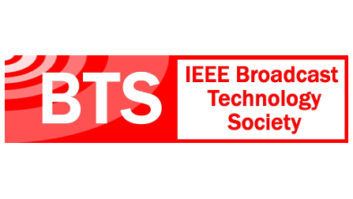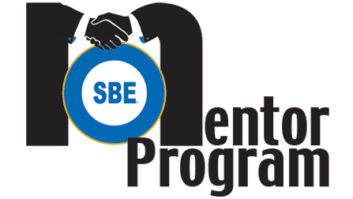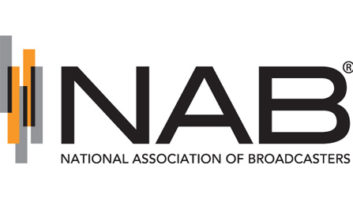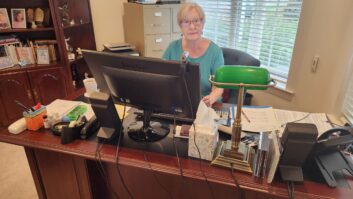In June, Radio World heard from Bob Shotwell, who conducted the Alternative Broadcast Inspection Program in the six New England States, that he would be retiring from Spectrum Investigative Services, the company he has owned since 2004, and that Chip Morgan and Maria Slattery would take over.
Spectrum Investigative Services has the distinction of having pioneered the ABIP concept before there was an ABIP program. Radio World contacted him to learn more and to ask him to reflect on his career, including his role in helping the industry stay compliant, interference-free and operating on schedule.
It was in 1971 that Shotwell was hired by his first radio station, AM outlet WROL (formerly WRYT) in Boston. “I’m convinced the events which seem the least critical or important in your life have the possibilities to be life-changing,” he said of meeting colleague Ken Carberry and beginning his career at the station. “This was mine.” The career that ensued has included roles as announcer, chief engineer, corporate director of engineering, consultant, corporate officer and station owner.
But it was in 2003 that Shotwell had another profound moment when he began working with the founder of Spectrum Investigative Services, Larry Hardy. As a retired FCC investigative agent in the Boston office, Hardy founded the company for two purposes, Shotwell said: to investigate and resolve RF interference issues, and to propose to the FCC and New England state broadcast associations that a wide-reaching, voluntary radio and TV inspection process be put in place.
Spectrum had started in 1991 as an engineering firm that investigated RF interference issues between radio stations, cell carriers, CB, ham radio, police and other land mobile service. In the early days, the company also conducted marine bridge-to-bridge and Communications Act inspections for small- and medium-sized boats and ships.
Today Spectrum conducts more than 120 ABIP inspections annually. Shotwell helped spearhead the effort.
“The program is really quite simple,” he said. “I come to the radio or TV station with an FCC compliance inspection checklist and methodically work through all the items on that list,” he said, which could include public files, EAS compliance and logging, technical and tower compliance, among other related items. The difference is that Shotwell is not an FCC agent, so he can neither cite nor fine a station. “Our goal is to certify those stations which are found to be in compliance; and for those which are not, to work with them, to the extent we are able, to bring them back into compliance,” he said.
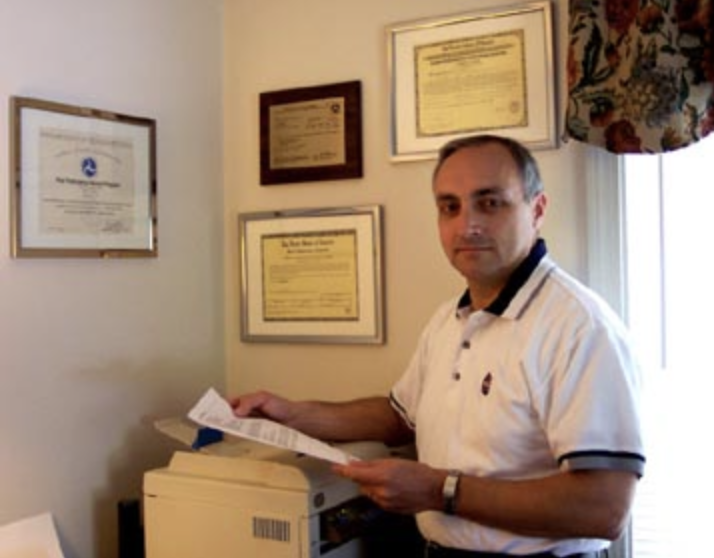
The initial pass rate is about 50 percent, Shotwell said. After working with other stations, identifying areas where violations and lapses were found, stations are given direction needed to solve the problems. The company helps a station raise the pass rate to well over 80 percent. For those stations that do not eventually pass, he said, “If we can take a station with 10 or more violations and through working with the staff reduce that to three or four, we’ve still accomplished something worthwhile.”
After identifying FCC violations and helping station staff to resolve them, he and the state association would then report this successful “pass” to the local FCC field office, giving them a heads-up as to which stations were independently found to be in compliance and which were not. The program started in just New Hampshire and Massachusetts, but it soon spread to all New England and then across the country.
Not all stations choose to participate in the program, although in New England the participation rate is about 90%. And for those who do not participate, having an unannounced FCC field compliance inspection is not necessarily automatic, although when a station participates in the program and passes, “they are removed from the list of stations available for an unannounced field inspection,” Shotwell said.
Some changes have occurred over the years. “For example, we used to spend quite a bit of time at the station reviewing the public files, before the FCC began the online program,” he said. “It has made things easier from an inspection standpoint, but the consequence of this file being online is that now anyone can see it at any time without ever having to ask. In effect, it has become the ‘Very Public File.’ In my opinion, this makes an independent review of the public file all the more important and valuable.”
Looking back, one of Shotwell’s favorite career memories came after applying for an FM station license in 1988 when he was finally awarded the grant “through a very contentious comparative hearing,” he said. “Eventually building and operating it in 1994 has to be my top career event.”
Shotwell is also a senior member of the Society of Broadcast Engineers, a charter member of the National Association of Radio and Telecommunications Engineers, a ham radio licensee and a licensed pilot and flight instructor, sharing his passion for flying with his wife Laurie. His bio is at https://amfmtech.com/bobbio.html.
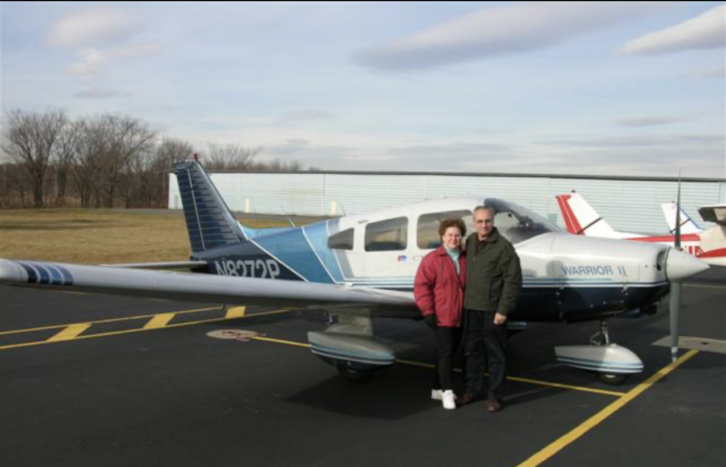
The industry has undergone so much change since the day he walked into a station more than 50 years ago.
“Some things good, some not so much,” he said. “The one thing I’d like to see is more interest in engineering. This is something that both the industry, the NAB and the SBE have been lamenting. There are more and more engineers retiring, or simply leaving the industry, and fewer coming in.
“The reasons are multifold and the answers are not simple. But something needs to be done to not only attract new blood into broadcast engineering — I’d say as early as high school — and then to keep this talent in the industry.”
One thing that is clear, however, is that after 52 years in the industry, Shotwell has never regretted a day working in broadcasting. “I have done announcing, engineering, tower climbing, IT, traffic, production, accounting and even court collections,” he said. “For anyone who is ever looking for an industry that answers the call — find something you love to do and you will never work a day in your life. The broadcast industry, both radio and TV, answers that call. There is an almost endless variety of career paths, and all of them are fun.
“So many people dread the weekend ending because it means going back to work,” he said. “For me, the end of the weekend meant I could go back to work. Yay!”






